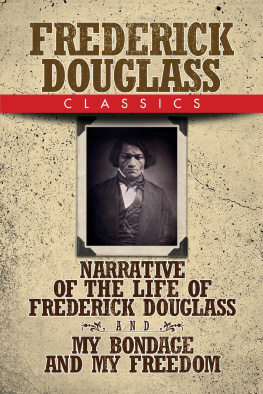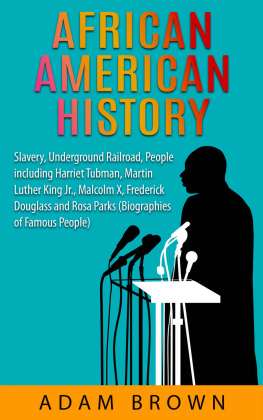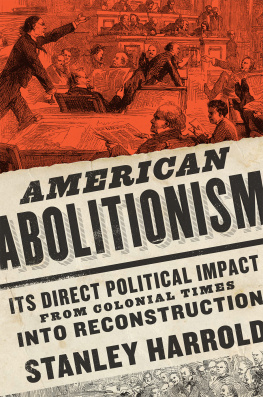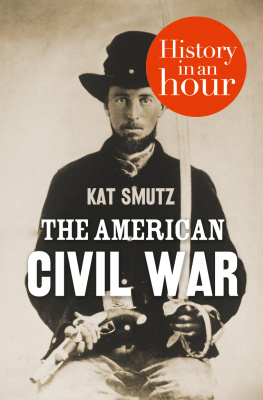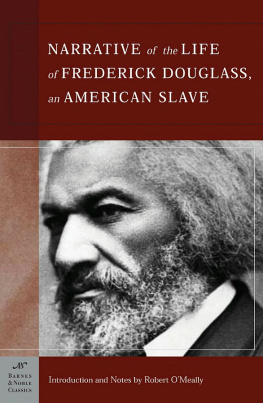Ben McNitt began his career as a political reporter at the Arizona Daily Star and later moved to the Tucson Citizen as Arizonas first environmental reporter. In the early 1980s, he worked as a freelance reporter for CBS News in the Middle East and then became CNNs Cairo Bureau Chief and Mid-East correspondent. In the late 1980s, he ghosted a syndicated column for United Features Syndicate and worked for the National Wildlife Federation as media director. He lives on a patch of the Sonoran Desert just north of Tucson, Arizona.
IN ALL, seventy-three delegates were chosen by their state legislatures to meet in Philadelphia in May 1787 to frame a new government for the United States. Of those, fifty-five delegates from twelve of the thirteen states attended. Rhode Island, suspicious of tampering with the existing Articles of Confederation, boycotted the gathering. On any given day during deliberations lasting into September, an average of about thirty-five delegates met in the second-story room of Philadelphias State House where eight of them had signed the Declaration of Independence eleven years earlier. They were men of stature, an elite distilled from service in the Revolutionary War, elected to the Continental and Confederation Congresses, experienced as governors, judges, and state legislators, and in some cases marked by attainment of great wealth in the nations burgeoning endeavors in finance, land speculation, shipping, and export of profitable crops of tobacco, rice, and indigo to eager European markets.
Another man was also present, although how often is not recorded. He was not a delegate, represented no state, and did not speak. He was Billy Lee, a slave, body servant to the president of the Constitutional Convention, George Washington.
The drafting of the U.S. Constitution was in significant measure an exercise of the end justifying the means. The end was urgent then and honored now: create a nation sufficiently unifying thirteen states and states yet to come so that it could maintain its liberty and independence in a fractious world of competitors. The means were varied. Among them those that helped lead to an irrepressible conflict in a house divided against itself were the accommodations and compromises between the conviction that in civil society all people are created equal and the conviction that some are not, between freedom and slavery.
History is marked by currents, social, political, and economic movements of greater importance at one time, lesser or vanishing at another. Slavery was a deep current, sometimes dominating, sometimes submerged, but abiding and present throughout antebellum American history. The current that perhaps most colors the nations history from the Declaration of Independence in 1776 to the rise of Jacksonian democracy more than fifty years later is the influence and governance of an elite, the Founders, the men who wrote the nations title deed to freedom, led the defense of it in the Revolutionary War, drafted its Constitution, and dominated its councils of state from Washingtons presidency through that of James Monroe.
A second current, one that brought the Constitutional Convention to the verge of collapse and frustrated the aims of the nationalist elites who had arranged the Philadelphia assembly, was the attitude citizens had to the state that claimed their loyalty.
The thought and phrase Im a Virginian, or a Bay State man, preceded that of Im an American by many decades. The revolutionaries of 76, under a declaration of free and independent states, had fought a remote central authority they saw as intruding on the prerogatives of those states. When they won, those thirteen independent states loosely aligned under the Articles of Confederation. The government that mattered most to most citizens was the one closest to them in the state where they lived and the county in which they resided. Their state defined their traditions, their livelihoods, virtually the whole of their lives. The bond of state loyalty and identification was not easily or soon expanded to embrace a national sphere of trust and identity.
The delegates assembled in Philadelphia faced stark realities. The Confederations Congress was essentially powerless, operating on the basis of supermajorities or unanimity. It had no taxing power, only an ability to supplicate the states for requisitions that were more easily ignored than honored. No national executive or judiciary existed. The Revolutions accumulated debt was unpaid, foreign credit nearly unobtainable. In some quarters, inflationary paper money was crowding out specie in gold or silver. With no uniform code of commerce to direct them, states were free to raise revenue by imposing import or harbor tariffs on their neighbors. The Congress commanded no army or navy. A recent rebellion by tax-burdened western Massachusetts farmers was put down by the state militia before a belatedly assembled army temporarily authorized by Congress arrived on the scene. The political and material security of those who had pledged our lives, our fortunes, and our sacred honor to the new nation was threatened. The revolutionary experiment was on the verge of failure.
Three choices faced the delegates assembled in Philadelphia. Breaking up into two or more regional confederations was an option, one threatened at several points during the convention. But this was no ones first choice and even if seriously considered would leave unresolved the same issues the delegates had met to resolve: how to form an effective government among the existing states.
The second option, the likely choice and expectation of a majority of citizens who awaited the conventions decisions, was to modify and strengthen the Articles of Confederation enough to keep the enterprise afloat. Revising the Articles was the mandate under which the convention was organized. Some legislatures instructed their delegates not to venture beyond that limited charge.
A third option had gestated for months, out of public view. In private conversations and letters, a vision of the nations future under a strong national government, with the states subordinate, had taken shape. The object was not to reform the Articles but to scrap and replace them. In setting the terms for his attendance at the upcoming convention, George Washington wrote his Virginia colleague James Madison that the gathering must adopt no temporizing expedient, but probe the defects of the Constitution to the bottom and provide radical cures, whether they are agreed or not. Men such as Alexander Hamilton in New York and John Rutledge in South Carolina were prepared to bring their views of a strong national government to Philadelphia. To their advantage, some of the most fervent states rights proponents such as Patrick Henry of Virginia declined delegate appointments to keep their options open should the convention adopt measures they could not support.
The convention opened as a face-off between two factions, the large-state nationalists and the small-state delegations determined not to surrender influence already conferred by the Articles. This standoff was the conventions defining conflict. For months, the large-versus small-state divide was the core of debate, votes, threats, frustration, and near despair in the State Houses second-floor meeting room. The central issue was how power should be allocated in the new governments legislature: by population-based proportional representation favoring large states, or by equal state votes favoring small states. The small states held distinct advantages. Precedent was on their side because the Articles gave each state equal voting power. Following that precedent, so did the rules of the Constitutional Convention.


